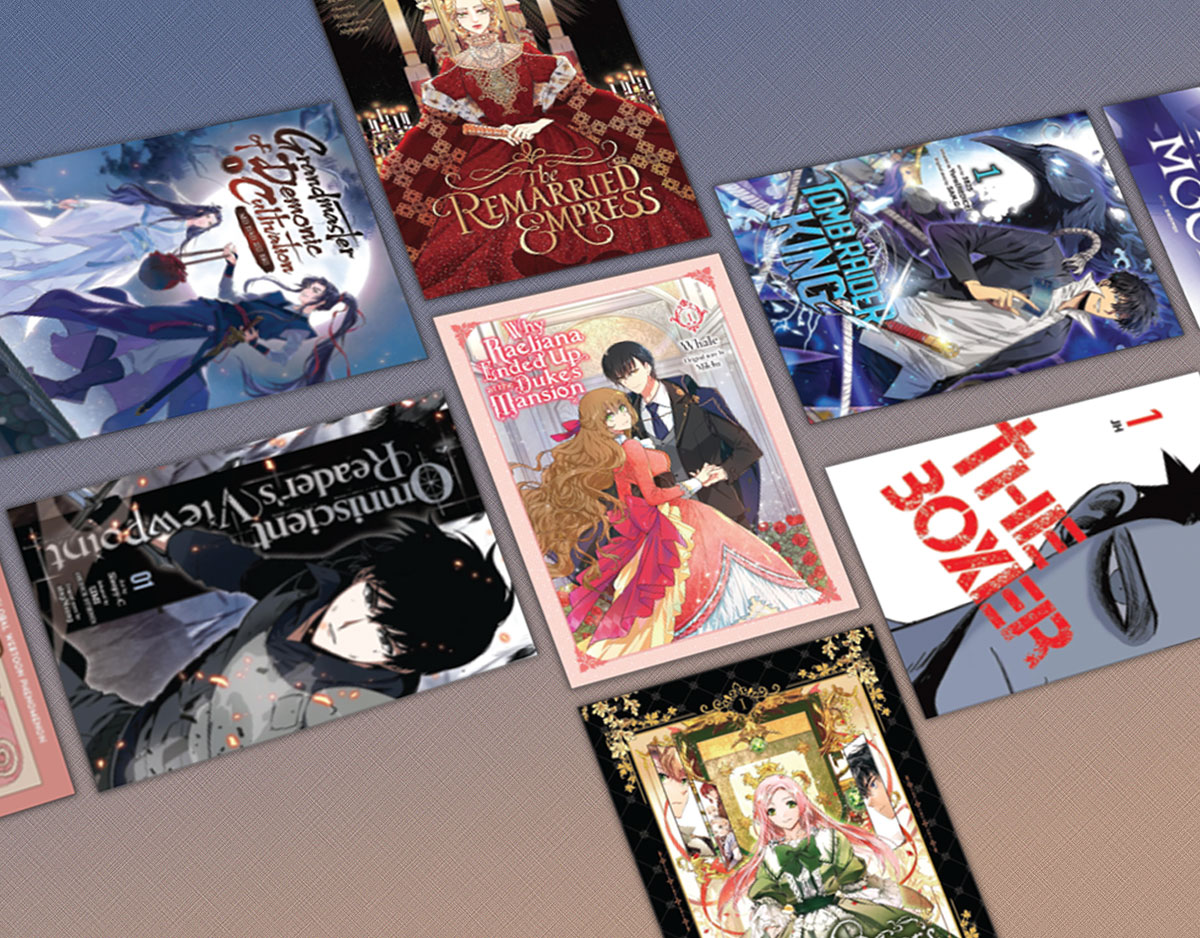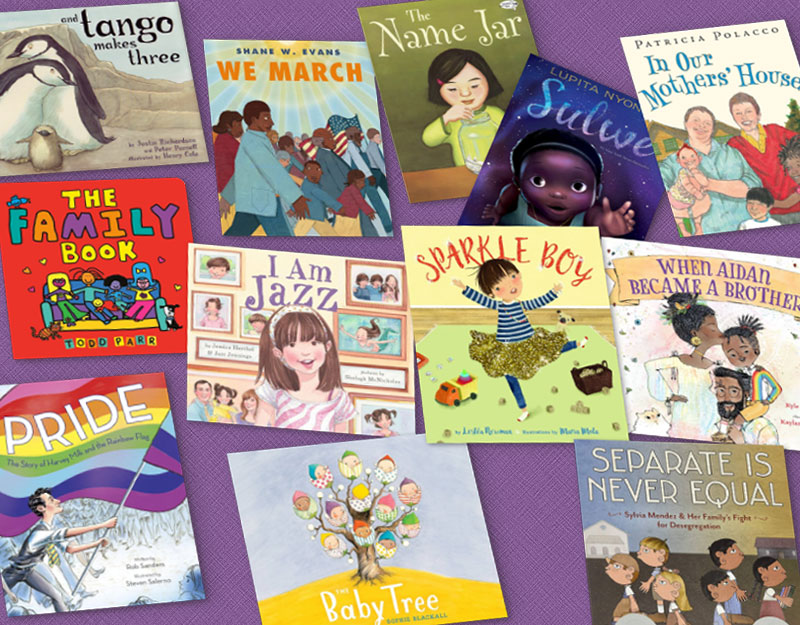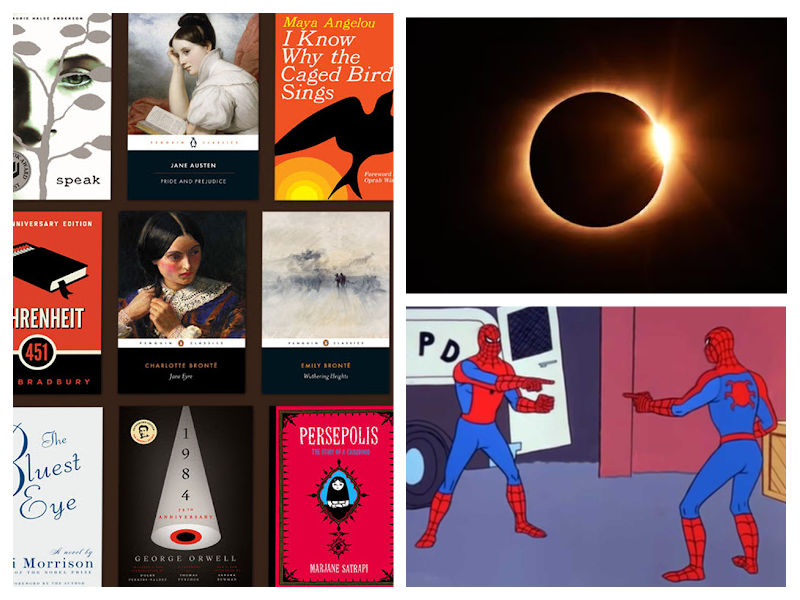Review of the Day: Fly Trap by Frances Hardinge
 Fly Trap
Fly Trap
By Frances Hardinge
Harper Collins
$16.99
ISBN: 978-0-06-088044-6
Ages 9-12
On shelves May 31, 2011
As I see it, reviewing a sequel is a peculiar enterprise. One can hardly review a book without suggesting to the reader that they read the previous novel as well. And in the rare case where the sequel is better than its predecessor, one’s positive review is sort of moot if it seems as though it’s recommending the first book in any way. This is my convoluted way of saying that I don’t like reviewing them. Heck, I don’t even like to even read sequels half the time. Usually when I do I simply get more of the same old, same old. There are some authors, however, that write such magnificent books that when their sequels do appear you are helpless to resist. Such is the case of Frances Hardinge. There are only a few children’s writers in this world that I will drop everything to read. Hardinge is one of the few. Years and years ago she gave the world Fly By Night, a marvelous girl/goose/con man tale of misfits who unwittingly influence huge events. The follow-up Fly Trap (called Twilight Robbery in the UK) reunites readers with familiar characters, but does not actually require the reader to have read (or even reread) the first. The result is a rollicking adventure start to finish that does not slot neatly into any contemporary category, but still winds up charming its readers.
When we last saw our heroes, the orphaned Mosca Mye with her homicidal good Saracen, her penchant for language, and her smart mouth was still in the company of the silver-tongued con man Eponymous Clent. Having helped spark a revolution in the city of Mandelion, the three have taken off for other towns and now need to escape further. In their travels they end up in the city of Toll. Here you have a residence where the moment of your birth shapes where you may exist. Some citizens live during the daylight hours and have all the perks society can offer. Others live during the night and must do whatever they can to survive. Mosca, for her part, has a “dark” name and it soon becomes clear that if she and Eponymous can’t raise the necessary funds to leave the town, she’ll be banished to the night and have to deal with the villains there. The two cook up a plan but soon find that there is more at work in Toll (and more wrong with it) than anyone could have initially suspected.
ADVERTISEMENT
ADVERTISEMENT
They’ll call this book “fantasy” because they will have nowhere else to put it. This, in spite of the fact that magic plays no part in Mosca Mye’s world. However, since the book takes place in an alternate world, the only category that comes close to defining it is, indeed, fantasy. For that reason, I’ll call it a fantasy here. Now someday I will get off my lazy heinie and write an article about the use of religion in fantastical children’s novels. Generally speaking, fantasies do one of three things with religion. (A) They ignore it (Harry Potter’s a good example of this). (B) They embrace it wholeheartedly (The Lion the Witch and the Wardrobe, anyone?). (C) They make up their own. (C) is the most interesting of these options, and I’ve seen it crop up in everything from Megan Whalen Turner’s tales of Sounis to The Order of Odd Fish to the stories of Tamora Pierce. Hardinge introduced her own world and its tiny “Beloved” gods in her first book, but here the belief system is pressed even further. Mosca is an agnostic with hopes of becoming an atheist. Unfortunately, she finds herself in a town where the god you are born under (each of the hundreds of gods has a distinct date and time associated with their name) determines if you are a good or bad person. Think of it as akin to horoscopes, only much more complex. Hardinge manages to both mock this system, and yet also cause the reader to wonder at it within the course of the story. You can get a great deal of pleasure out of reading the Table of Contents, listing some of these gods and their names too. There you will find “Goodlady Blatchett, Lifter of the Stone from the Toad”, “Goodman Rankmabbley, Enemy of the Winter Spider”, “Goodlady Nizlemander, Winnower of the Chaff from the Grain,” and, naturally, “Saint Yacobray, Rider of the Horse of Bone.”
Which brings us, naturally, to Hardinge’s love of words. Like her heroine, Ms. Hardinge is a sucker for a well-turned phrase and a delicious name. Simply put, nobody writes like she does. Some of the choice sentences and descriptions I particularly enjoyed included a description of a rarely tended road called “little more than a conspiracy of stones.” A worrisome bridge contains planks that “gave a slightly tuneful xylophone thunk when you stepped on them.” At one point Mosca has to put her faith in someone untrustworthy so, “her hopes once again began their battered, indomitable spider climb up the grimy flue of her soul.” For her, the nighttime smells of “steel and rush lights and the marsh welcoming a misstep and anger souring like old blood.” A man complimented in a terrible way leads to a moment when, “A couple of expressions pulled Clent’s face to and fro between them like puppies trying to fight their way out of a bag.” And finally, a dangerous mission of Mosca leaves, “room in her core for an angry little knot of excitement, tight and fierce as a pike’s grin.” I could go on but then I’d just be rewriting the book itself, word for word. Nothing escapes Hardinge’s eye. The world is full of words that invoke and evoke by turns. Add to our already lovely roster of names from the old book (Mosca Mye, Eponymous Clent, Saracen, etc.) a cluster of new (Laylow, Paragon, Beamabeth, etc.) and you’ve a book worth reading and rereading for the sheer pleasure of it all.
With all her cleverness, it would be easy for Hardinge to lose her grip on the emotional content in this novel. Thinking back on Fly By Night, for example, I know that Mosca took an emotional journey, but I couldn’t have told you what that journey was. Here the unmistakably brilliant girl joins even closer to her chosen guardian. In Clent, Mosca has found a father figure. She would deny it to her grave, mind you, and curse you for even suggesting such a thing, but there is a tenderness between the two characters throughout the course of the story that did not seemingly appear before. Time and again they risk their own skins for one another. You can see the change in Mosca, but it’s a remarkable thing to watch it in Clent. I’ve always pictured him as a kind of W.C. Fields character, albeit one with the tongue of a transient Oscar Wilde. Yet in one scene Mosca deliberately helps Clent by insulting him with great creativity. Clent tries to respond in kind, but his insults are wistful in comparison. I’ve never heard one person call another a “thorn in my side” so tenderly before.
If there is any flaw to the book it lies with Saracen. You simply cannot tote about a homicidal goose and then use him as sparingly as Hardinge does here. At least in Fly By Night he had the great good fortune to save the day while in the presence of an enemy. Here he also plays a big role in the story, but that role is practically off-screen and only mentioned at the end. I had high hopes when, for one brief and shining moment, we got a glimpse into his head and saw that humans in his world were separated into Mosca and not-Moscas. It was a paltry offering, however, and by the end of the tale fans of the now sometimes-green gander will be wishing for his increased presence in the future. Hopefully if Ms. Hardinge gets around to writing a third book in this series, the goose will have his glory.
It is a thick sucker, weighing in at an impressive 592 pages. This is not a book to be handing the reluctant reader, then. Rather, it is intended for the clever child that likes a challenge. The one who read all of The Lord of the Rings and Harry Potter and may have even tried their hand at The Golden Compass. They dare you to challenge them, and so you hand them this beauty, or its predecessor. Because Mosca is so young (12) and likable, kids will gravitate towards her. Teens too, I suspect. As with all her books, Hardinge’s Fly Trap isn’t for all readers. It is, however, bound to entrance and delight those kids that, like Mosca, greedily suck up words and cleverness wherever they may find them. A truly delightful sequel that cannot help but leave you wanting more.
On shelves May 31st.
Source: Galley sent from publisher for review.
Other Blog Reviews:
Professional Reviews:
- A star came from Publishers Weekly
- Books for Keeps
Book Jackets:
- Here’s the British cover, in case you were curious:
Misc:
- Read the first few pages here for a lark.
Filed under: Best Books of 2011, Reviews
About Betsy Bird
Betsy Bird is currently the Collection Development Manager of the Evanston Public Library system and a former Materials Specialist for New York Public Library. She has served on Newbery, written for Horn Book, and has done other lovely little things that she'd love to tell you about but that she's sure you'd find more interesting to hear of in person. Her opinions are her own and do not reflect those of EPL, SLJ, or any of the other acronyms you might be able to name. Follow her on Twitter: @fuseeight.
ADVERTISEMENT
ADVERTISEMENT
SLJ Blog Network
2024 Books from Pura Belpré Winners
Winnie-The-Pooh | Review
Parsing Religion in Public Schools
Finding My Own Team Canteen, a cover reveal and guest post by Amalie Jahn
ADVERTISEMENT









Great review, and thanks for the preview link – it sounds intriguing, so I’ll keep an eye out for it. Sigh, then I’ll have to decide, do I have time for a 592-page sequel that may just hook me on the whole series? So many books, so little time…
Yeah, there was a reason I chose this book as the one I’d take on my 10-day vacation. Figured it would eat up a significant portion of that time. Turned out, I was right.
Really looking forward to reading this one. I have to confess that I only skimmed your review, because I don’t want to know too much about it (I do that when it’s a book that I’m eagerly anticipating)! I did see that it’s basically a rave, so that makes me happy. Does Fly By Night have a different title in the UK?
Interestingly Fly By Night was the same on either sides of the ocean. The same cannot be said for her other books.
Betsy,
Okay, I’m late to your Bologna postings, but I have to say I LOVED your food photos! I’m going to definitely try the steak with arugala and shaved parmesan this weekend at home. (Andrew told me all about it, and your photo seals the deal.)
Does this mean you’re moving away from your shoe obsession?
Shoes are delightful, Domenica, but with my post-airplane swollen feet (grrr) I may have to switch obsessions for a while.
Thanks for the holler for “The Order of Odd-Fish,” Betsy! And another Hardinge is always cause for celebration. Welcome back from your travels!
I’m so excited for this book I can hardly stay inside my own skin. Thanks so much for this review!
Oooh, goody, thanks Betsy! I put this on my to-read list on Goodreads so I won’t forget. I really enjoyed “Fly By Night”– although I am one of those that thinks that Frances needs a character list for many of her books because there are so many characters to keep track of!– and I know at least one teen who will be anxious to read this. I’ll be nice and let her get it before me, though! 😉
DAGNABBIT. I love the US cover. I may have to get that one as well. It matches my Fly By Night. Argh.